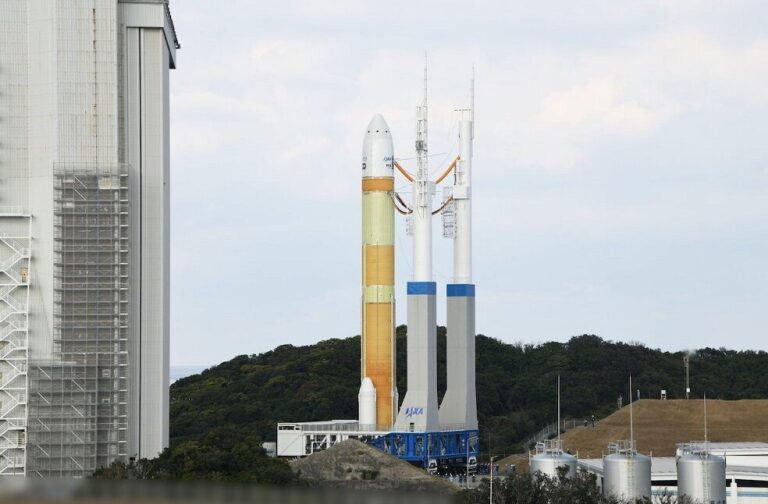Japan: The second attempt by Japan to launch its next-generation H3 rocket was unsuccessful after liftoff, putting the nation’s space and national security programmes in jeopardy. The medium-lift rocket’s second-stage engine failed to ignite just moments after takeoff, according to the Japanese space agency (JAXA), which said it gave the go-ahead for the rocket to self-destruct on 7th March 2023.
The H3’s failure, which came three weeks after a launch that was scrubbed due to a different issue, was a setback for Japan’s space programme, presumably for its missile detection program, and a letdown for space enthusiasts who were hoping for the new effort. The 57-meter (187-foot) rocket launched without incident from the Tanegashima spaceport, with clouds of smoke rising into the sky. However once in orbit, the rocket’s second-stage engine did not fire, necessitating the physical destruction of the craft by mission managers.

Japanese Minister of Science and Technology Ms. Keiko Nagaoka announced in a statement that a task force had been formed by the government to look into the “very regrettable” incident. Japan developed the H3 – its first new series in more than 22 years – to improve its independent access to space and increase its prospects of edging out competitors like Mr. Elon Musk’s SpaceX for a larger piece of the global launch market.
The Advanced Land Observation Satellite and an experimental infrared sensor for locating North Korean ballistic missile launches were both aboard the rocket. The Advanced Land Observation Satellite was primarily responsible for Earth observation and data collection for disaster response and mapmaking.



